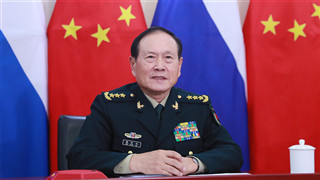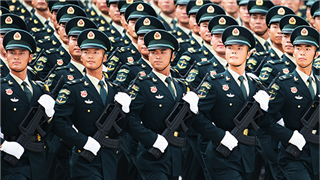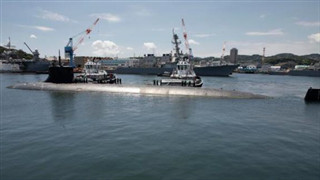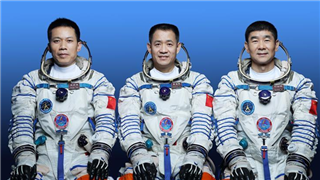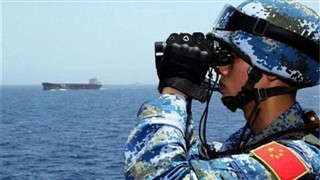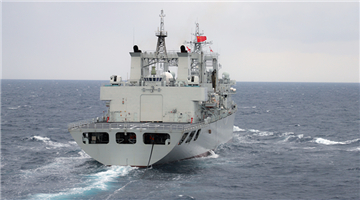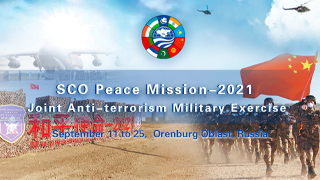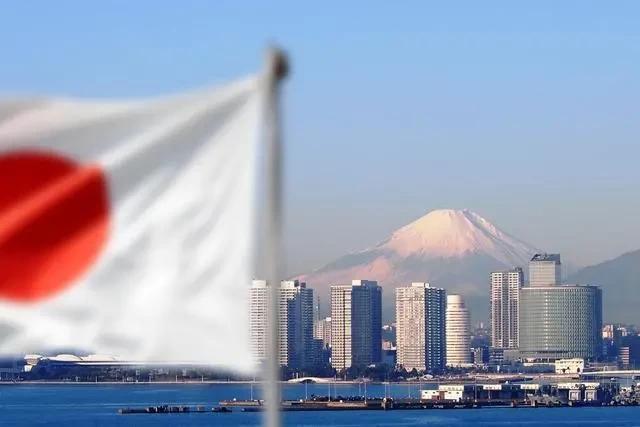
By Lian Degui
The Fumio Kishida administration and the visiting Vietnamese Prime Minister Pham Minh Chinh and Defense Minister Gen. Phan Van Giang have recently reaffirmed their commitment to a so-called “free and open Indo-Pacific” and the opposition to changing the regional status quo through the use of force. So far, Japanese Prime Minister Fumio Kishida and Foreign Minister Yoshimasa Hayashi have separately held talks with leaders of many countries, including the US, Britain, India, Indonesia, Singapore and Denmark, on issues such as the so-called “free and open Indo-Pacific”. Japan is obviously adopting a diplomatic approach of “befriending distant states and attacking neighbors”.
The online talks with China and the Republic of Korea (ROK) didn’t seem to turn around Japan’s relations with its two neighbors, and the trilateral summit has been suspended for two years without any sign of resumption in the near term.
The lingering tension in Northeast Asia is mainly caused by Tokyo’s hardline attitude toward China and the ROK in recent years – closely following in America’s steps to forging a strategic containment against China while implementing high-tech sanctions on the ROK. The China-Japan-ROK summit has yielded plenty of results over the years, but it hasn’t been resumed since the last one in December 2019, for which the complicated internal and external political factors should bear the blame although the pandemic did play a part.
The conflict between Japan and the ROK is focused on historical and territorial issues. Bilateral relations deteriorated because the ROK Supreme Court’s ruling over the case of compensation for forced labor was considered by the Japanese side as against the Agreement on the Settlement of Problems Concerning Property and Claims and on Economic Co-operation between Japan and the ROK signed in 1965 as the issue had long been resolved. Tokyo acted very tough this time and refused to resume bilateral talks unless the ROK changed the court ruling.
The conflict between Japan and China is attributable to a list of moves by the Japanese side. It has hyped up the “China threat theory” on the ground of China’s cruise of the Diaoyu Islands, colluded with the US to smear China on such issues as human rights and maritime affairs, played an active part in forming a so-called strategic alliance aimed at besieging China, and assisted the US in roping in all forces possible both inside and outside the region to join their anti-China “chorus” and stall China’s rise.
Behind Japan’s hard-ball foreign policy is America’s increasingly overt policy to contain China. The Liberal Democratic Party (LDP) right wing, which is hostile toward China, is egging their mouthpiece Shinzo Abe to take sides, believing that joining hands with the US to contain China is in the interests of Japan’s national security. The right wingers also leverage America’s anti-China policy and instigate the Japanese government to suppress the ROK that doesn’t want to choose a side, attempting to force it to stop using the historical card and give up the anti-Japan policy.
In 2007, Yasuo Fukuda called for finding and consolidating the common ground between the Japan-US alliance and Asian diplomacy, but his successors – Taro Aso, Shinzo Abe and Yoshihide Suga – have all turned to the US side. When Fumio Kishida came into office the second time, he appointed Yoshimasa Hayashi the new foreign minister in defiance of the objection from Abe and Taro. Will the new Kishida-Hayashi team take a strong foothold and break away from the right-wing’s restrictions, give up the current strategy of “befriending distant states and attacking neighbors”, and restart the China-Japan-ROK cooperation mechanism? Will it be able to truly safeguard Japan’s security and economic interests amid the complex and changing international landscape and make more contributions to regional stability and world peace? Let’s wait and see.
(Professor Lian Degui is the director of the School of Japanese Studies at Shanghai International Studies University)
Editor's note: This article is originally published on huanqiu.com, and is translated from Chinese into English and edited by the China Military Online. The information, ideas or opinions appearing in this article do not necessarily reflect the views of eng.chinamil.com.cn.
